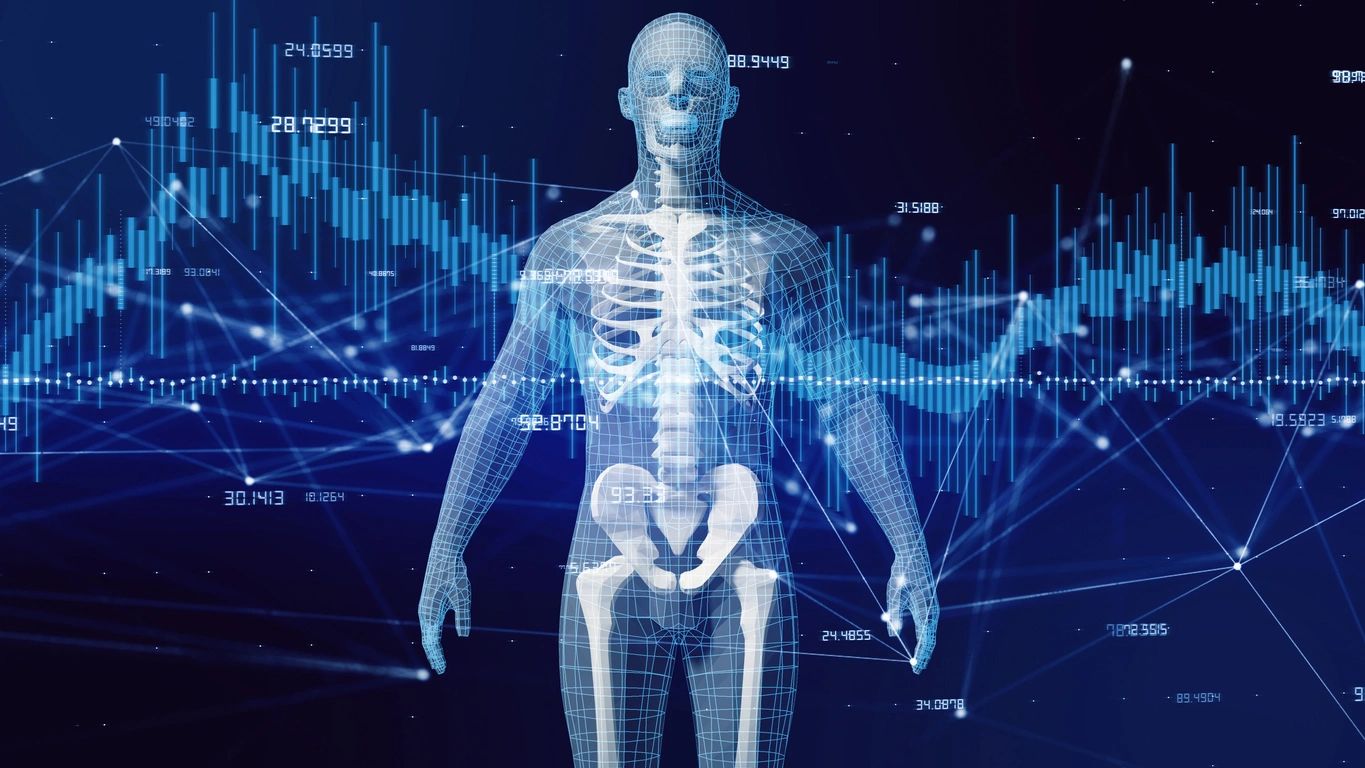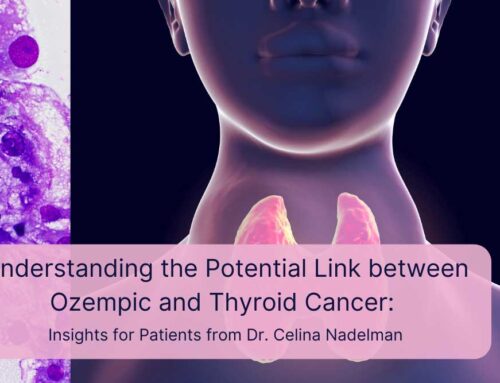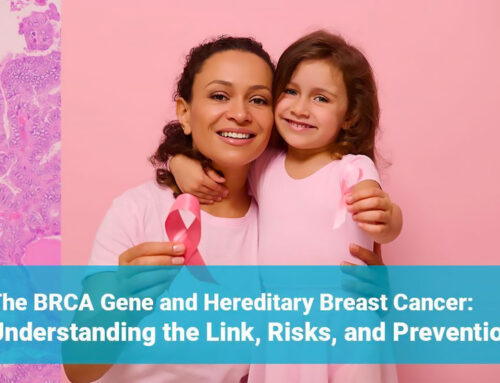
Cancer is often a scary and uncomfortable topic to discuss. The reality is, people are pretty in tune with their bodies and can usually sense when something is not quite right. Paying attention and staying in touch with your body can often help detect one of the earliest signs of cancer. In addition, there are more specific signs and symptoms to look for that help lead to an early detection of malignancy (cancer).
Unexplained weight loss: Losing weight without trying, that is, without changing one’s habits through diet and/or exercise is one of the most common early signs of cancer. As many as two out of five people with cancer experience this. Many times, it is associated with loss of appetite. Many conditions from depression to the flu influence our appetite, however, some tumors affect appetite by changing the body’s metabolism and burning up calories more than usual, making you feel less hungry. In addition, some tumors use up a lot of energy from the food we eat. Sometimes, the location of tumor inside the body and physical size of it pushes on the stomach to make one feel too full to eat. Stomach, pancreatic, colon and ovarian cancers tend to do this.
Extreme Fatigue: Unusual long-lasting fatigue is another early sign that something has gone awry in the body. Sure, one can get unusually tired after a stressful situation or during depression, however, if the acute incident is in the distant past, and other usual causes of fatigue are ruled out, long lasting debilitating exhaustion, despite getting more sleep or changing your activity level, should be looked into.
Fever: A persistent fever that does not go away after a week or so, not associated with an infection such as a cold and that does not remit despite usual treatment such as antibiotics, is worrisome for malignancy. Fevers due to cancer usually rise and fall during the day and sometimes peak at the same time. Therefore, a fever that doesn’t go away should be investigated. Cancers such as lymphoma and leukemia are notorious for inducing persistent fevers. Night sweats are sometimes associated with fevers, so this may be another early sign of cancer.
Blood: The most common sign of bladder or kidney cancer is painless hematuria blood in the urine without pain. Sometimes you cannot even see the blood with a naked eye as it is only microscopic and found on a urine test. Blood in the stool can be a sign of colon cancer. In a woman, bleeding between periods, or bleeding in a post-menopausal woman, may be a sign of uterine cancer. Obviously, bleeding in of itself is not a tell-tale sign of cancer (i.e. hematuria can come from a kidney stone), however, in certain populations, gender and age-groups, a test is needed to rule out cancer in these organs.
Mass: A lump or bump, called a mass, may be the first sign of cancer. Sometimes they are found in the neck and are actually swollen lymph nodes. Lymph nodes are found all over the body. They are responsible for cleaning out each section of the body. They sometimes swell from infections and inflammatory conditions and can go up and down in size. However, if a person over the age of 20 has a persistently enlarged lymph node (such as in the neck) for over one month, despite treatment (ex. antibiotics and/or steroids), the enlarged lymph node should be evaluated, such as with a fine needle aspiration biopsy. Lumps in the head and neck can be due to congenital (things you are born with) cysts, non-neoplastic (meaning, it is not a clone) mass, non-cancerous tumors or cancer. Such cancers include a lymphoma or metastatic squamous cell carcinoma from the head and neck.
A lump in the testicle could mean testicular cancer. A lump in the breast could mean breast cancer. A thyroid nodule discovered during a routine physical exam by your doctor, or incidentally on an MRI for neck pain, could mean a goiter, or it could mean thyroid cancer. Oftentimes, lumps and bumps are painless and do not bother you. However, sometimes they interfere with your normal anatomy and cause symptoms. In thyroid cancer, you may experience difficulty swallowing, hoarseness and sometimes trouble breathing. If you notice a lump that keeps growing or that is new, it should be evaluated for cancer. A fine needle aspiration (FNA) is usually the quickest, easiest test to find out.
Early detection is especially important and can sometimes be the difference between life or death. If you notice that something is off with your health or you experience any of these symptoms, play it safe and make an appointment to discuss your concerns with your doctor. Paying attention and knowing your body not only helps with early cancer detection, but also other underlying medical conditions that could be affecting your daily life.
Dr. Celina Nadelman, M.D., is one of very few doctors in the U.S. to uniquely serve as both a board certified cytopathologist and a fine needle aspiration (FNA) specialist. In addition to operating her own FNA clinic and in-office laboratory practice in Beverly Hills, California, Dr. Nadelman performs the same dual-role services at Los Angeles County’s Martin Luther King, Jr. Outpatient Center, and is also a clinical instructor at UCLA’s David Geffen School of Medicine Greater Los Angeles Training Cytotechnology Consortium.




